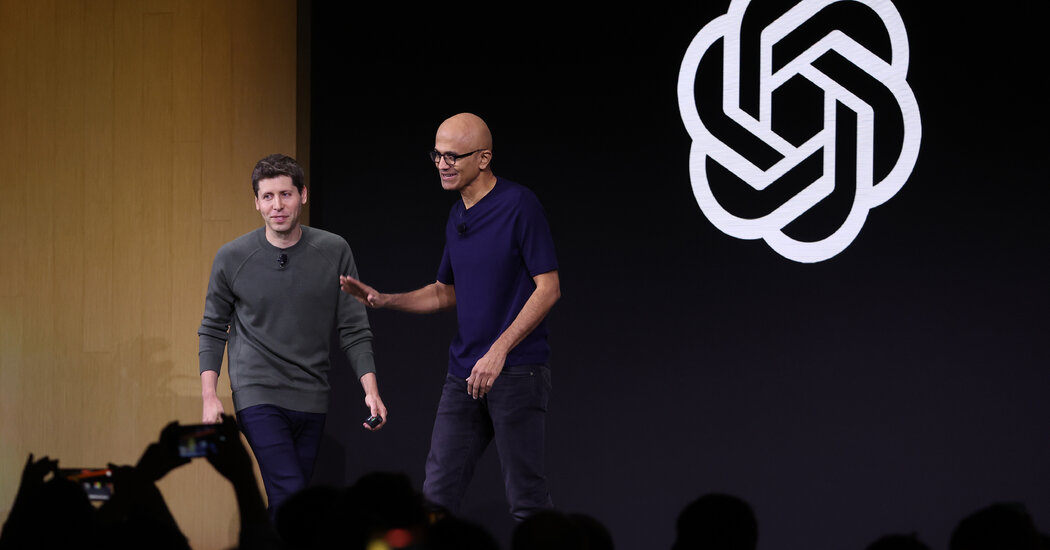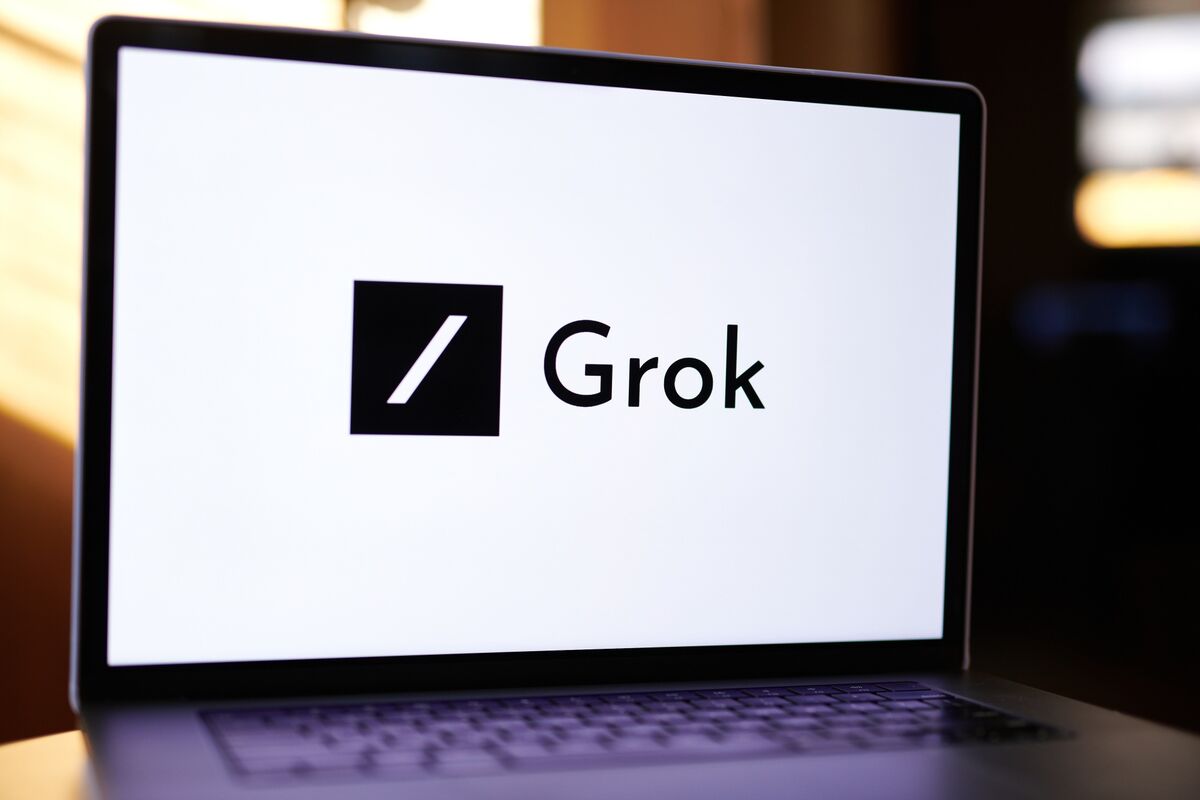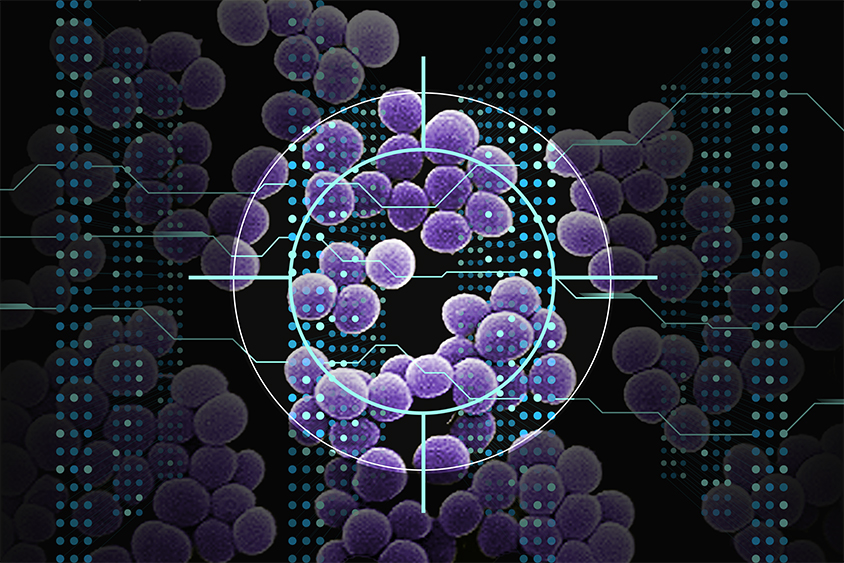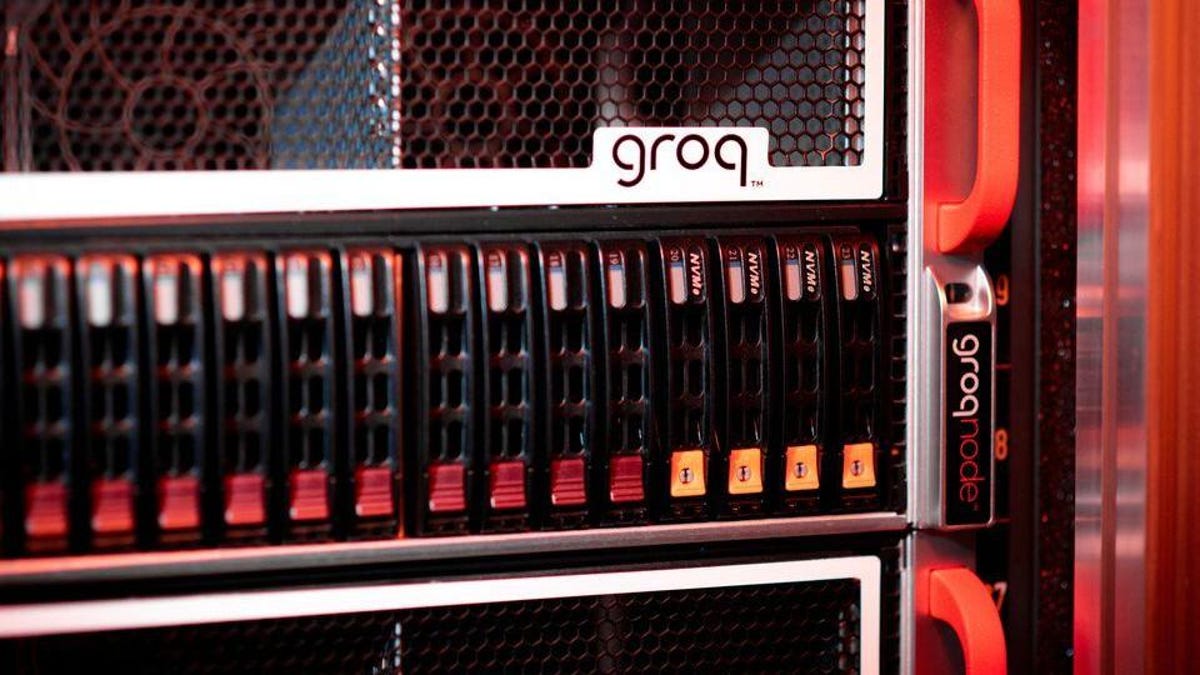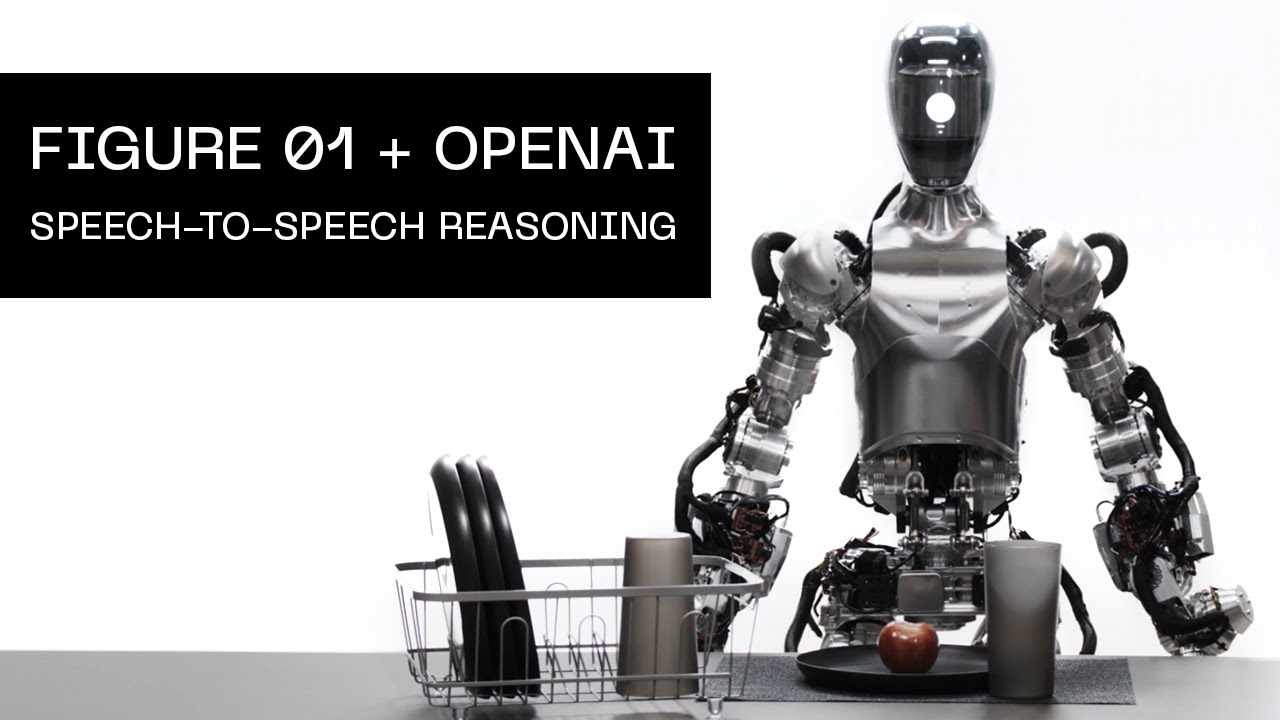massraider
Footballguy
OpenAI saga in 90 seconds:
- Thursday night, Sam Altman gets a text from Ilya Sutskever, OpenAI’s chief scientist & board member asking to chat on Friday.
- Friday at Noon, Sam Altman is fired by the Open AI board because he was “not consistently candid in his communications.”
- CTO Mira Murati is made Interim CEO.
- Microsoft, OpenAI’s largest investor, found out about the move 1 minute before the announcement. Their stock gets crushed.
- Right after, Greg Brockman, OpenAI’s President is asked to chat, where he’s told he’s removed from the board but retaining his role.
- Greg resigns from OpenAI in solidarity with Sam Altman shortly after.
- Tech news & twitter subsequently blow the f*ck up.
- Sam Altman fires off a few tweets saying how grateful he was for openAI and the people and how he’d have more things to say soon.
- OpenAI employees start tweeting hearts supposedly a signal to the board of who would leave OpenAI to follow Sam Altman if the decision was kept.
- By Saturday, rumors start that the OpenAI board is in discussions to bring Sam Altman back as CEO.
- Sam Altman tweets out a picture of him wearing a guest pass at OpenAI HQ.
- Microsoft & Satya Nadella lead the charge to negotiate with the board.
- Board negotiation ends with Altman officially being out on Sunday night & employees streaming out of the office.
- Monday morning Twitch cofounder Emmett Shear is named interim CEO.
- Around the same time, Satya Nadella announces that Sam is joining Microsoft as the CEO of a new AI research group & former OpenAI leaders like Greg Brockman are joining him.
- Still Monday Morning, OpenAI employees share a letter with the board where 650 of 700 employees tell the board to resign.
- Thursday night, Sam Altman gets a text from Ilya Sutskever, OpenAI’s chief scientist & board member asking to chat on Friday.
- Friday at Noon, Sam Altman is fired by the Open AI board because he was “not consistently candid in his communications.”
- CTO Mira Murati is made Interim CEO.
- Microsoft, OpenAI’s largest investor, found out about the move 1 minute before the announcement. Their stock gets crushed.
- Right after, Greg Brockman, OpenAI’s President is asked to chat, where he’s told he’s removed from the board but retaining his role.
- Greg resigns from OpenAI in solidarity with Sam Altman shortly after.
- Tech news & twitter subsequently blow the f*ck up.
- Sam Altman fires off a few tweets saying how grateful he was for openAI and the people and how he’d have more things to say soon.
- OpenAI employees start tweeting hearts supposedly a signal to the board of who would leave OpenAI to follow Sam Altman if the decision was kept.
- By Saturday, rumors start that the OpenAI board is in discussions to bring Sam Altman back as CEO.
- Sam Altman tweets out a picture of him wearing a guest pass at OpenAI HQ.
- Microsoft & Satya Nadella lead the charge to negotiate with the board.
- Board negotiation ends with Altman officially being out on Sunday night & employees streaming out of the office.
- Monday morning Twitch cofounder Emmett Shear is named interim CEO.
- Around the same time, Satya Nadella announces that Sam is joining Microsoft as the CEO of a new AI research group & former OpenAI leaders like Greg Brockman are joining him.
- Still Monday Morning, OpenAI employees share a letter with the board where 650 of 700 employees tell the board to resign.


